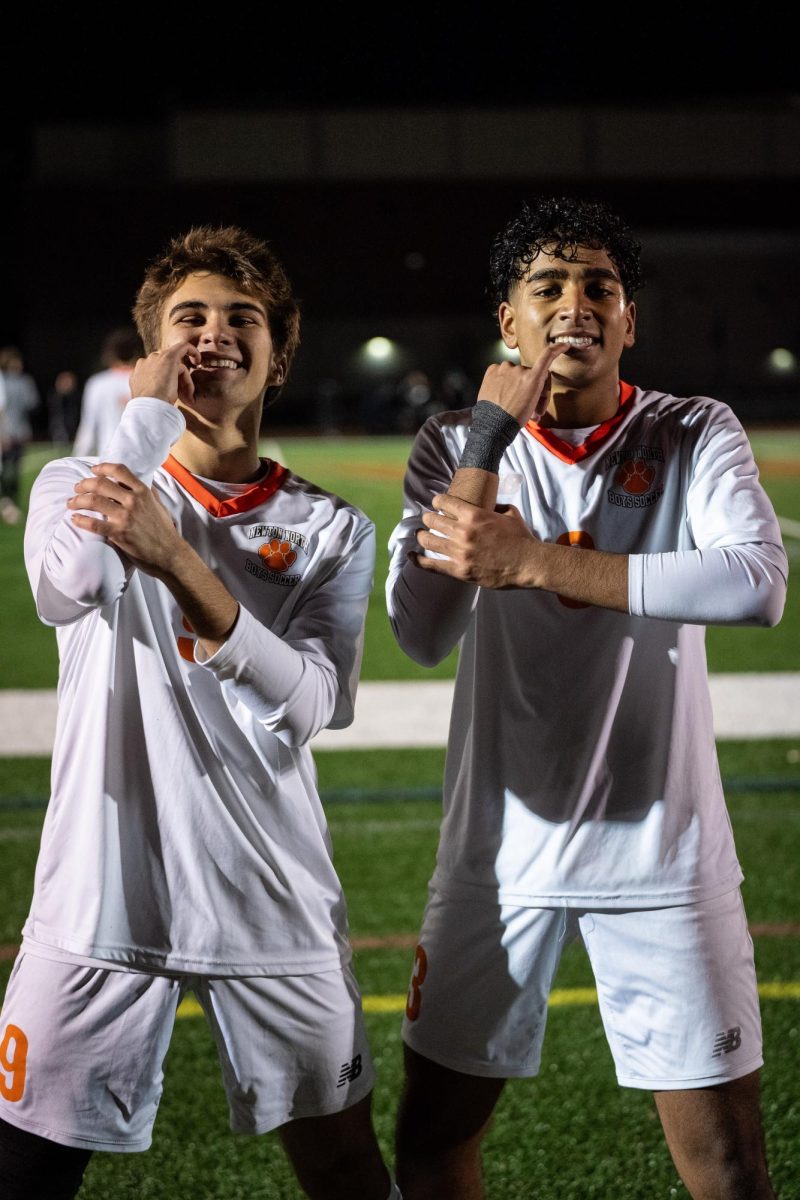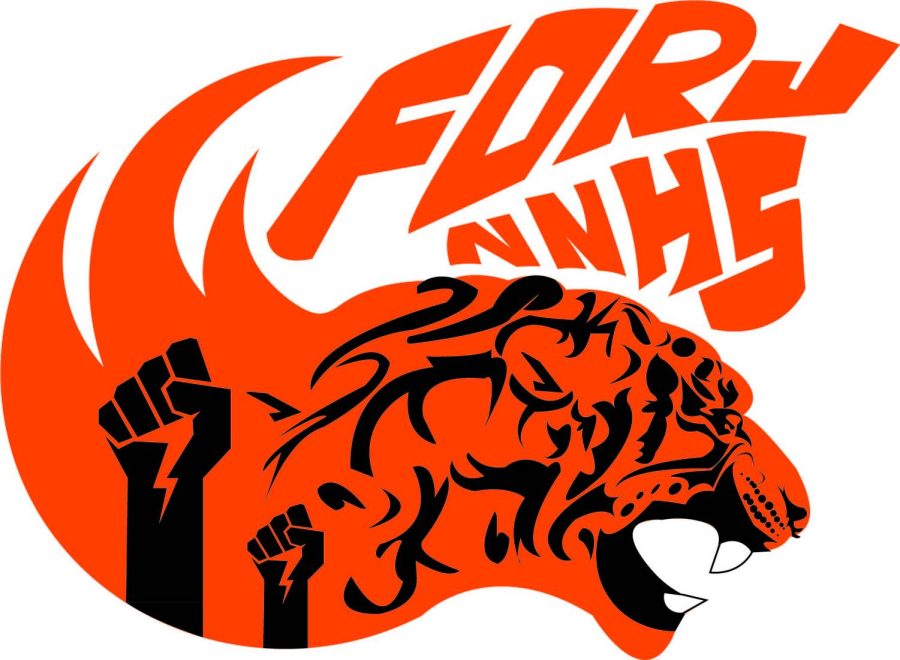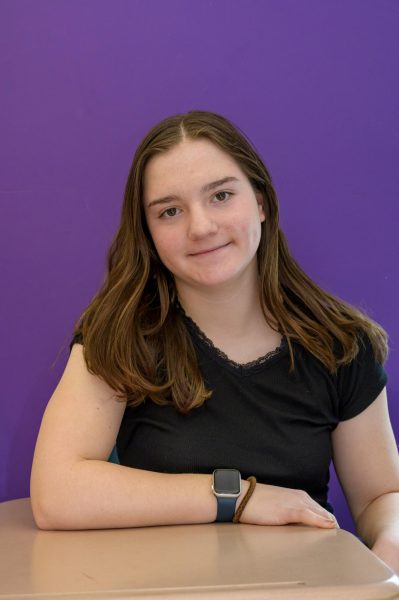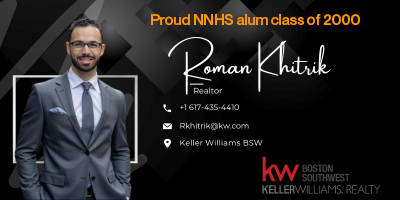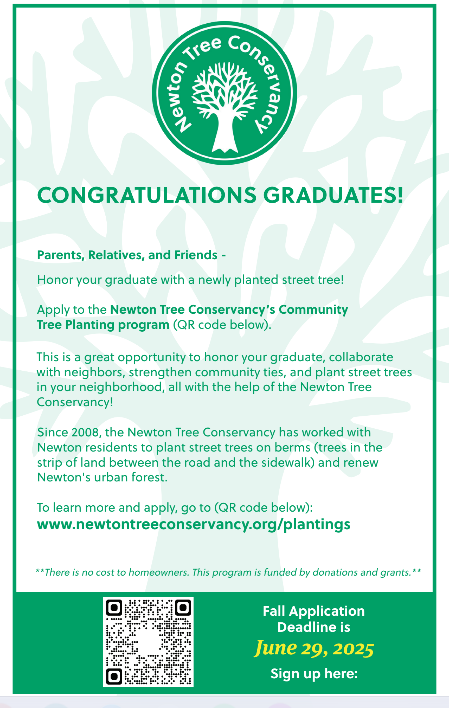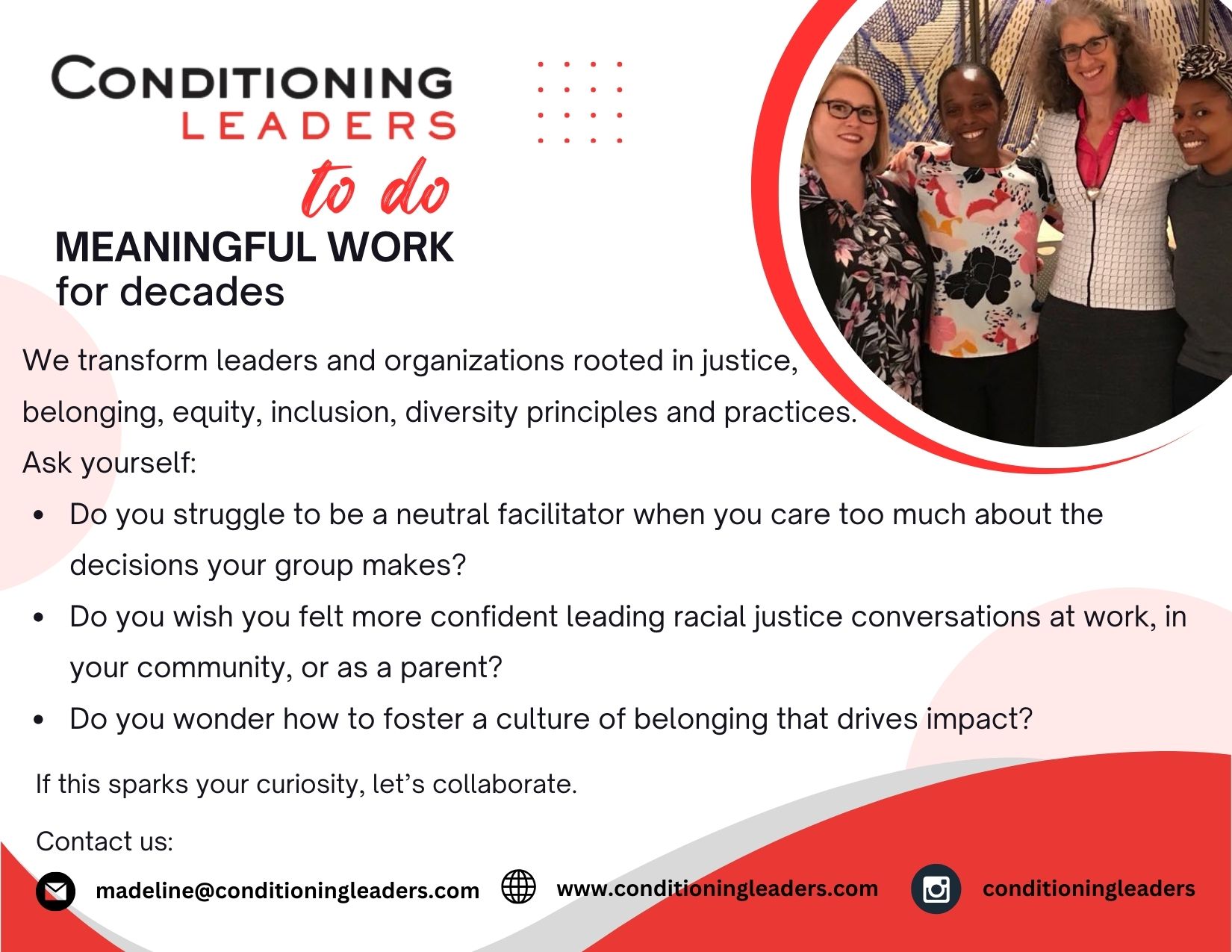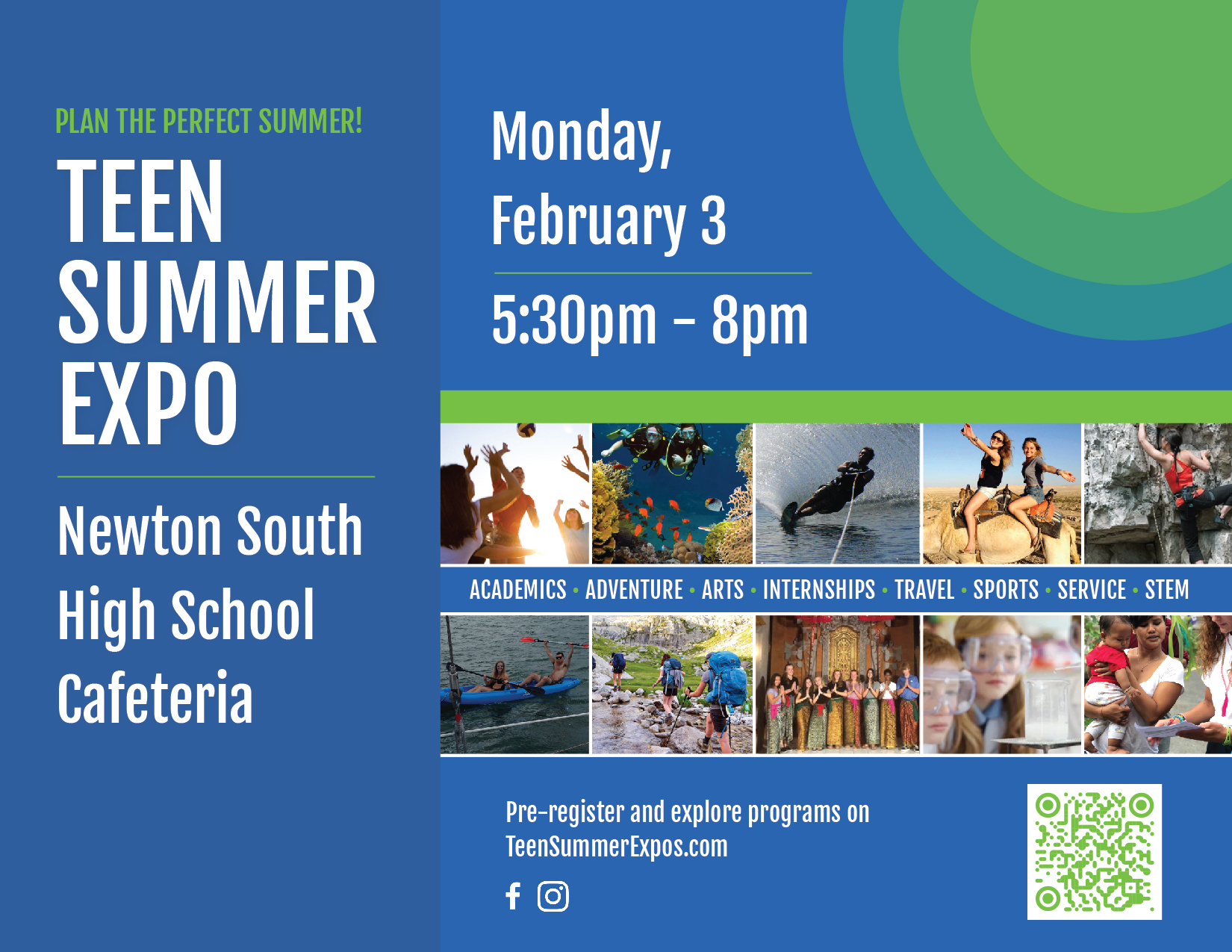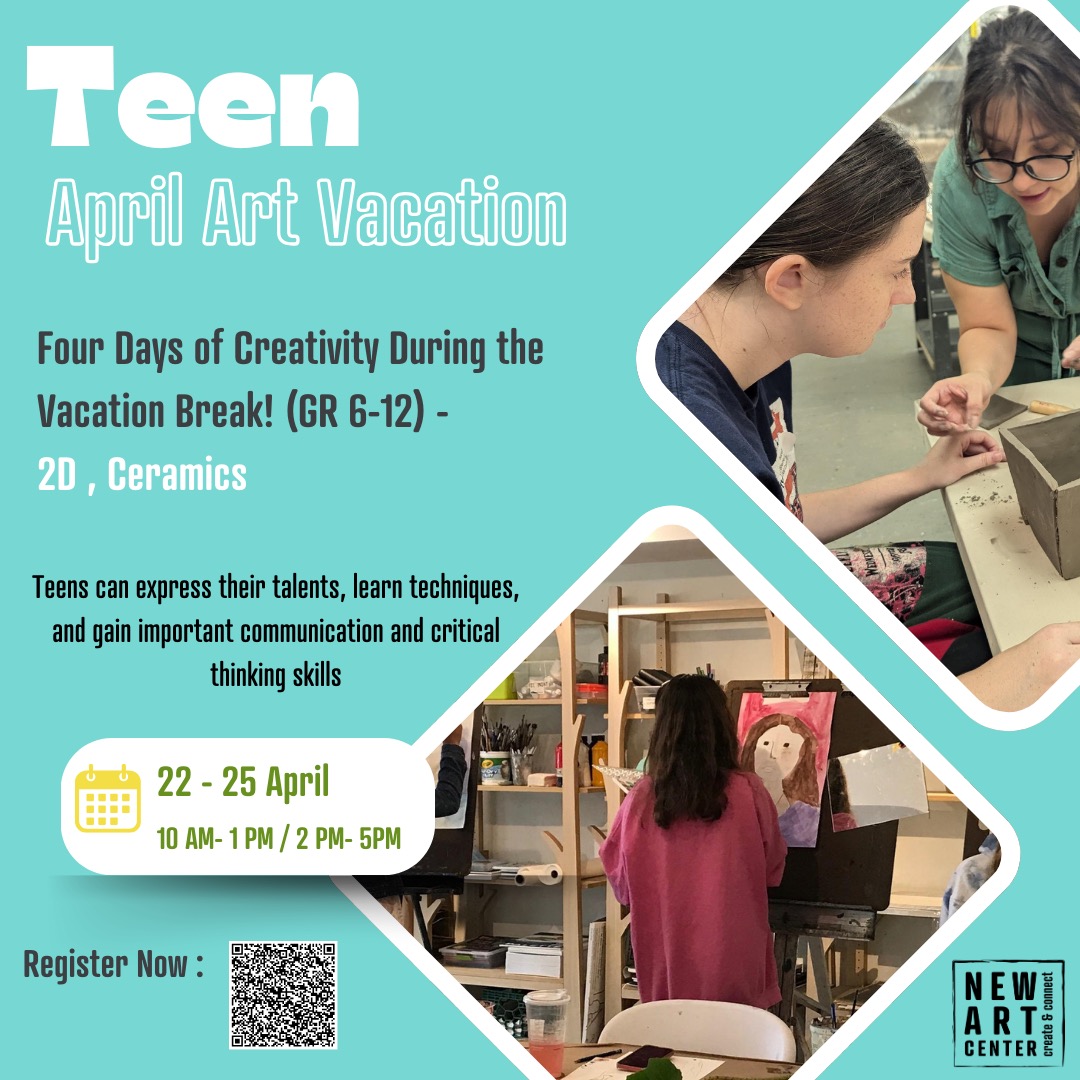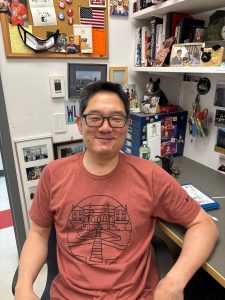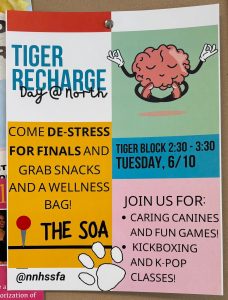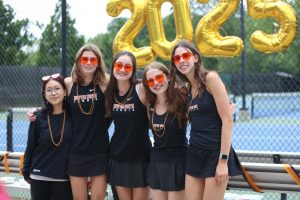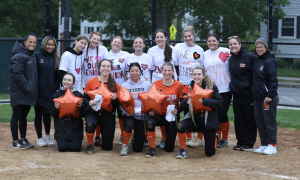FORJ panel discusses benefits of safe spaces in Newton schools
Photo courtesy of Samantha Santangelo
February 17, 2022
The Newton Families Organizing for Racial Justice (FORJ) discussed the benefits of race-related affinity groups and the affinity spaces at North and South on a Zoom webinar Thursday, Jan. 27 with NPS high school students and staff.
FORJ, a city wide organization founded to support students of color and promote anti-racism in Newton schools, was created in 2016 by Newton parents. The group discussed the purpose and appeal of affinity groups as a way to address race-related experiences at Newton schools.
Senior Peter Dukakis, a speaker and co-president of Hispanos y Latinos Unidos (HLU), an affinity group for Latinx students at North, said that an affinity group “is a space or room in which people who identify with the group are allowed to decompress, and talk about their oppression without having to deal with people who may not understand or listen to those experiences.”
“We wanted to help people understand the benefits of affinity groups and also be able to ask questions to really understand,” said Amy Behrens, a FORJ board advisor and an organizer of the event.
Melissa Monokroussos, a co-leader of NSHS FORJ and another organizer of the event, said the goal of the meeting was to educate the Newton community about affinity groups. She added, “they can have a powerful impact on students and staff.”
Newton South junior Gianna Burgess, a speaker and co-president of the Black Student Union said, “An affinity group in Newton schools is a space, group, or club where a group of people usually come together based off of a shared interest or a common goal.”
The discussion featured student, staff, and administrator speakers who belong to and lead various affinity groups at North and South.
“The big thing is establishing and creating new relationships with our students, to help them feel heard and validated and to partner with them to listen to what it is they are wanting and needing and trying to encourage them to come together and to open up and to stretch themselves when they can,” said English teacher Michele Leong.
A teacher panel began the evening with a presentation about the history of affinity spaces and how they are used. The panel included English teacher Charlene Beh and Leong, Newton South English teacher Joana Chacon de Entwisle, and Newton South history teacher Robert Parlin, all of whom are involved in affinity groups at their schools.
After the presentation, the student speakers introduced themselves and talked about why and when they joined affinity groups.
Dukakis joined HLU last year. “I needed a place to talk about that with peers and just talk about other issues that have been going on in my community,” he said.
The webinar also discussed what speakers call “a brave space.”
“A brave space is an environment in which we can have uncomfortable conversations, because if we stay in our comfort zone all the time we are not going to make any progress as a school,” said South senior Chima Ibebunjo, a student speaker.
Safe spaces, which are another name for brave spaces, are different depending on the club or affinity group, according to Dukakis.
A smaller Zoom meeting, where members of the community could ask questions, followed the presentation.













